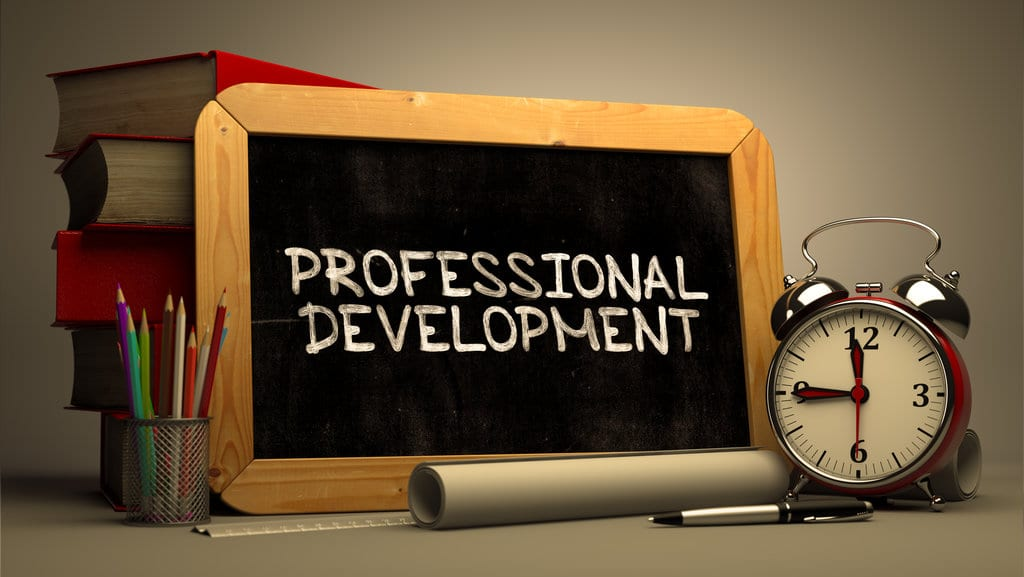
The Importance of Professional Development: Continuing to Grow in Your Career
Professional development isn't just a buzzword; it's a crucial component of career growth and success. In today's rapidly evolving workplace landscape, staying stagnant is not an option. Whether you're early in your career or a seasoned professional, actively pursuing opportunities to learn and grow can significantly impact your career trajectory. Here's why professional development matters and how you can leverage it to advance in your career:
- Staying Relevant in a Dynamic Environment: The workplace is constantly evolving due to technological advancements, industry trends, and changing market demands. Professional development allows you to stay updated with these changes, ensuring your skills and knowledge remain relevant. By continuously learning new skills and staying abreast of industry developments, you position yourself as a valuable asset to employers.
- Enhancing Your Skill Set: Investing in professional development enables you to expand and enhance your skill set. Whether through formal education, workshops, certifications, or on-the-job training, acquiring new skills equips you to take on new challenges and responsibilities. It also increases your versatility and adaptability, making you more attractive to potential employers and opening doors to career advancement opportunities.
- Boosting Confidence and Job Satisfaction: Continuous learning fosters personal and professional growth, which boosts confidence in your abilities. As you acquire new skills and knowledge, you become more proficient in your role, leading to increased job satisfaction. A fulfilling career is often built on the foundation of continuous improvement and the sense of accomplishment that comes with mastering new competencies.
- Networking and Building Relationships: Professional development activities, such as attending industry conferences, seminars, and workshops, provide opportunities to network with peers, mentors, and industry leaders. Building and nurturing these relationships can lead to mentorship, collaboration on projects, and even job referrals. Networking expands your professional circle, exposing you to diverse perspectives and potential career opportunities.
- Adapting to Career Transitions:In today's job market, career paths are rarely linear. Professional development prepares you to navigate career transitions, whether you're pursuing a promotion within your current organization, transitioning to a new industry, or starting your own business. The skills and knowledge gained through continuous learning equip you to adapt to changing circumstances and seize new opportunities.
- Demonstrating Commitment to Growth: Employers value candidates who demonstrate a commitment to professional growth and development. Actively engaging in professional development activities showcases your initiative, ambition, and dedication to advancing your career. It signals to employers that you are proactive in staying current with industry trends and willing to invest in your long-term success.
- Future-Proofing Your Career:The job market is increasingly competitive and unpredictable. Professional development acts as a form of career insurance, future-proofing your skills and enhancing your employability. By continuously improving and evolving, you position yourself as a resilient professional capable of thriving in a dynamic and ever-changing work environment.
- Setting and Achieving Career Goals:Professional development provides a structured framework for setting and achieving career goals. Whether you aspire to lead a team, transition into a new role, or become an industry expert, continuous learning and skill development are essential stepping stones toward realizing your ambitions. Regularly assess your progress, identify areas for improvement, and actively pursue opportunities that align with your career aspirations.
- Fostering Innovation and Creativity:Learning new ideas, methodologies, and best practices through professional development stimulates innovation and creativity. Exposure to different perspectives and approaches encourages problem-solving and innovative thinking in your work. Embrace lifelong learning as a catalyst for generating fresh ideas, improving processes, and driving positive change within your organization.
- Taking Ownership of Your Career:Ultimately, professional development empowers you to take ownership of your career journey. By investing in yourself and actively pursuing growth opportunities, you take proactive steps toward achieving career fulfillment and long-term success. Embrace lifelong learning as a mindset that fuels personal and professional growth, enabling you to navigate challenges, seize opportunities, and create a meaningful impact in your chosen field.
In conclusion, professional development is not merely a means to acquire new skills; it is a mindset and a strategic investment in your future. Embrace continuous learning, stay curious, and proactively seek opportunities to grow and evolve in your career. Your commitment to professional development will not only enhance your professional value but also enrich your overall career experience.